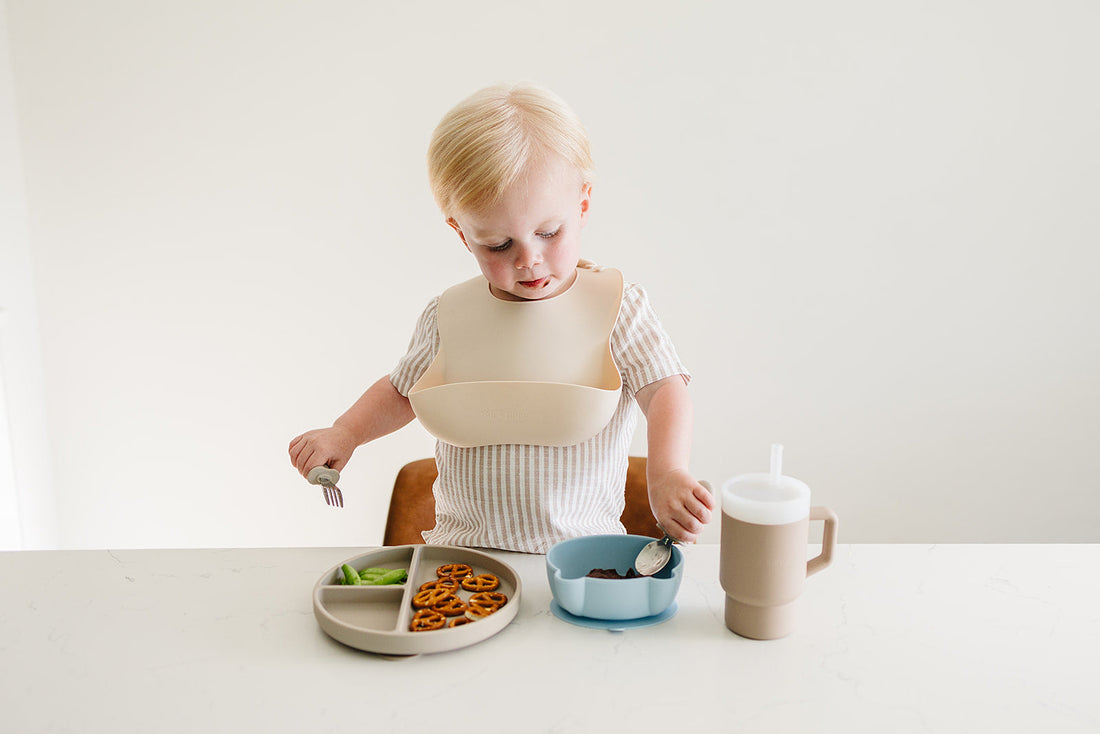
Food Neophobia in Children: Normal or a Problem?
Share
Between the ages of 2 and 6, many children go through a phase of food neophobia; a natural reluctance to try new foods. While it can be frustrating, experts agree that this stage is normal and expected in child development.
What is Food Neophobia?
According to the American Academy of Pediatrics, food neophobia is not an eating disorder, but part of normal neurodevelopment. It typically begins around age 2 and may last until age 6.
As neuroeducation specialist Marie Louise Clark explains, this behavior is linked to the brain’s amygdala, which acts as a protective system, sending alerts when a child encounters something unfamiliar. It’s nature’s way of reducing the risk of choking or poisoning as kids gain independence.
Studies show children may need 8 to 15 exposures to a new food before accepting it. So if your child refuses broccoli today, don’t panic, it just means more gentle, repeated tries are needed.
Tips to Help Kids Overcome Food Neophobia
- Make it fun: Let children smell, touch, and explore new foods without pressure.
- Offer variety: Serve something new alongside familiar favorites.
- Lead by example: Kids are more likely to try foods they see you enjoying.
- Be patient: Repetition is key. Acceptance can take up to 15 tries.
When to Seek Help
Most food neophobia is temporary. However, in some cases it can be part of a more complex eating disorder called ARFID (Avoidant/Restrictive Food Intake Disorder).
Children with ARFID may:
- Strongly reject certain textures, temperatures, or smells
- Show fear of choking or vomiting
- Have a general lack of interest in food
If your child’s eating habits affect their growth, weight, or social life, consult a pediatrician for support.
How Ali + Tings Can Help
At Ali + Tings, we design feeding tools to make mealtime less stressful and more playful—exactly what kids need to overcome food neophobia:
- Silicone suction plates & bowls: great for offering variety without spills.
- Soft-tip spoons & utensils: help kids build independence and confidence.
- Silicone bibs with catch pockets: make messy exploration easier on parents.
- Feeding kits and gift sets: perfect for presenting multiple foods side by side.
By turning meals into safe, fun experiences, our products give children the freedom to explore and parents the peace of mind to keep offering new foods again and again.
Final Takeaway
Food neophobia is a normal developmental stage, not a failure on your part. With patience, repeated exposure, guidance from experts like the AAP and specialists in neuroeducation, and supportive tools like Ali + Tings feeding essentials, every meal can become a step toward raising confident, curious eaters.